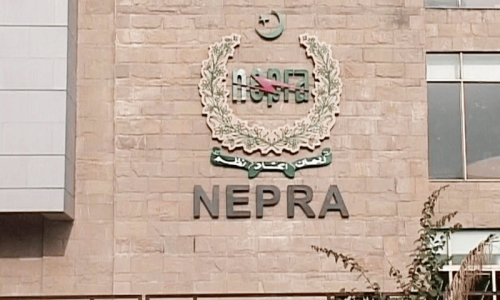ISLAMABAD: The Administrative Tribunals and Special Courts (ATSC) decided 137,316 cases in 2023 while the pending litigation increased by two per cent, according to a new report.
The performance evaluation report of ATSC was released by the Law and Justice Commission of Pakistan. ATSCs are different courts established under federal and provincial law, including anti-terrorism, banking, consumer courts and other appellate tribunals. These courts are supervised by ministries at the federal level and by departments at the provincial level.
The data from 324 ATSCs functioning across the country showed that 160,697 cases were already pending with ATSCs, while 135,824 new cases were instituted last year.
The number of pending cases increased from 160,697 to 163,211, an increase of around two per cent.
LJCP report shows 163,211 matters awaiting decision
According to the report, 135,824 fresh cases were instituted, and 137,316 were decided during the period.
According to the report, 145 ATSCs were functioning under the federal jurisdiction while 179 were working under the provincial governments.
In federal ATSCs, the number of pending cases increased by 5.7pc, from 121,225 to 128,111 during last year. Overall, 78,652 fresh cases were filed, while 74,384 were decided.
Most of these pending cases were in fiscal and service matters in the Appellate Tribunal Inland Revenue, Banking Courts, and Federal Service Tribunal, which constitute 83pc of the total pending cases.
The situation was slightly better in provincial ATSCs where the number of pending cases was reduced by 11pc, from 39,472 to 35,100 cases.
In 2023, 57,172 fresh cases were filed, while 62,932 were decided.
The majority of cases — 82pc of the total — were pending in Anti-Corruption and Consumer Courts, Provincial Service Tribunals, and Labour Courts.
The report recommended that the relevant federal and provincial governments streamline the workings of ATSCs to reduce pendency and provide expeditious justice.
LJCP is a federal institution headed by the chief justice, with the top judges of the Federal Shariat Court, high courts, and attorney general as its members. The body suggests reforms and amendments in laws and the legal sector.
Published in Dawn, April 10th, 2024









































